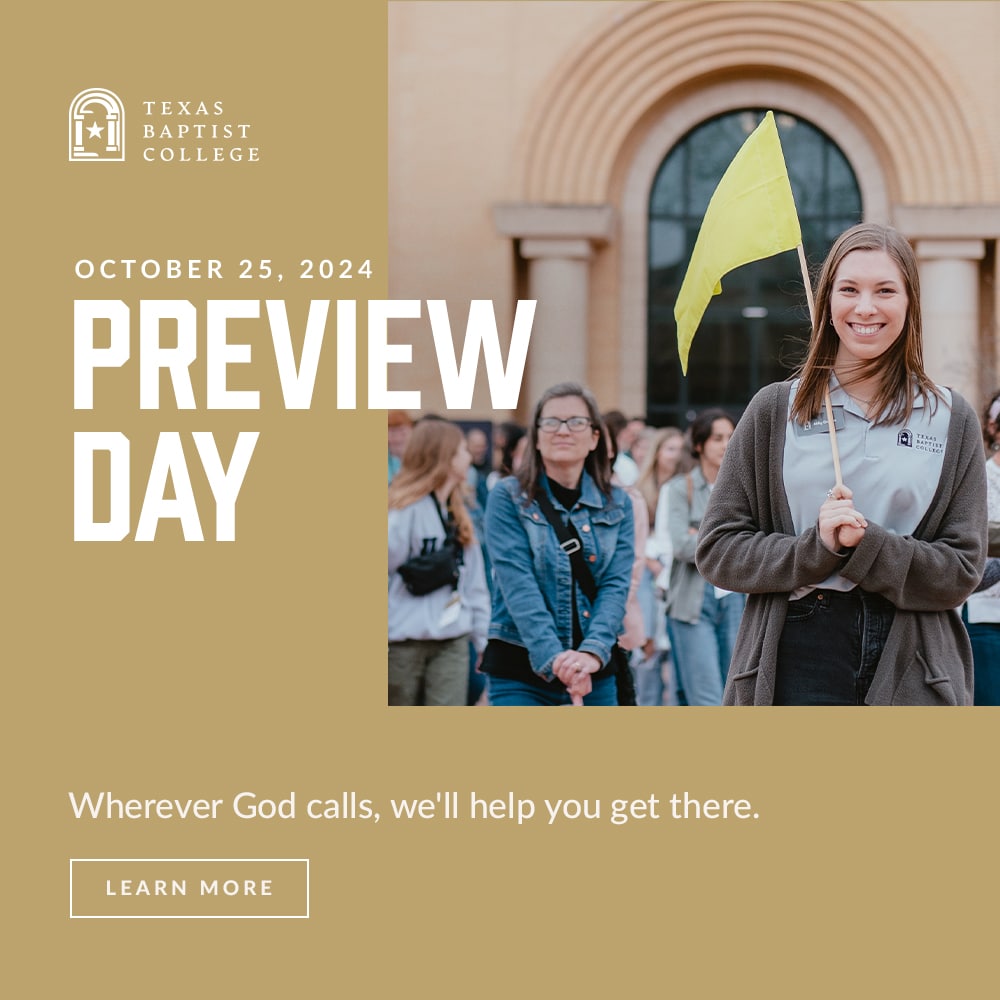Naaman’s Epiphany

My thirteen-year-old son had a pedagogical epiphany yesterday.
Naaman had an unconventional school day. He had joined his dad for a farm business meeting, spent a few hours working on the combine (in preparation for harvest), and then spent two hours singing and playing his guitar with other young musicians at church. Naaman has always been passionate about many things, but we sometimes disagree about what he should accomplish in a typical school day. For example, he doesn’t particularly want to write a persuasive essay; he would prefer a passionate oration on the superiority of John Deere when compared to Case International. His educational journey has been full of give and take. “Yes, you can write and present an essay about something related to the farm, but next time, you can pick something from Beowulf.” Naaman has constantly challenged my educational assumptions—especially how I should teach a young man.
Today, he shared his revelation of learning from his experience. “Mom, I think that people may learn better if they figure it out themselves.” He went on to explain to me that he’s been experimenting with his instruments, intervals, chords (and several other things that I don’t understand), etc. His theory posits that since he is eager to experiment, he is progressing in his overall understanding of the piano, the guitar, the banjo, and even the combine much faster than if he had just read about it in a book. I was naturally curious about his confident assertion, so I pressed a little further, “So, do you think your theory works for all types of learning?” He quickly replied, “Probably, but that would take too long! No one has time to learn everything that way. When I was researching crossbows, I learned a lot in a short period of time. It would have taken me forever to figure out all of that on my own.”
There is immense value in figuring something out on our own. If I had given Naaman a book to read on a philosophy of education or even if I had shared my opinions on the best ways to learn, it is quite possible that this idea wouldn’t be as present in him as it is now. Most likely, he wouldn’t have cared. Naaman sees something new, a glory that exists in his participation in learning, and it matters to him.
In his new book, Unless the Lord Builds the House, Andrew Kern professes, “Children are created to love learning, but if we don’t take them into its holy place, we don’t give them the opportunity to experience the real thing. If we don’t let them engage with the object of study in its integrity, they will not encounter the thing itself.”1 As I develop lessons and teach Naaman every week, I must remember that he will learn better if he figures it out and sees the glory already before him. But I also need to balance that with providing information. One of the challenges I keep encountering is how to provide information without casting a shadow on the glory the object already possesses because God created it. Naaman sees the glory of plants; he’s been a farmer his entire life; he’s noted the seasonal changes and the miracles of each passing season. Unfortunately, I feel like the glory fades a bit in his eyes when I ask him to read a passage or answer particular questions about plants. Perhaps it is because the passages I choose and the questions I ask are directed toward the details or elements of the topic too early, hastily diving into the camp2 where the object of our attention is dissected into its parts. Maybe his attitude toward reading and writing is a type of vice, or perhaps both factors are at play. I’m still adjusting my approach, and my lesson plans are altered every week, but I was encouraged by Naaman’s assertion. We want the same thing: for him to see the glory of a thing so that it may become his own.
- Andrew Kern, Unless the Lord Builds the House (Concord, North Carolina: CiRCE Institute, 2024), 37.
- Andrew Kern, Unless the Lord Builds the House (Concord, North Carolina: CiRCE Institute, 2024), 65.
Bibliography
Kern, Andrew. Unless the Lord Builds the House. Concord, North Carolina: CiRCE Institute, 2024.
Renee King
Renee King is an Ohio farmer’s wife and a homeschooling mother of three. Renee has been a teacher for over 24 years and classical educator for over twelve years. She holds a Bachelor of Science, a Master's in Education, is a 2021 graduate of CiRCE’s Certified Master Teacher Apprenticeship program, a current journeyman in the Curriculum Development Graduate Apprenticeship, and the author of Ubi est Māter?.









